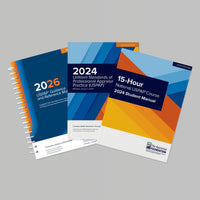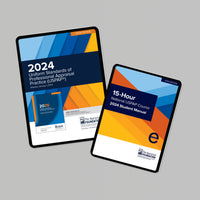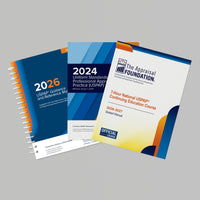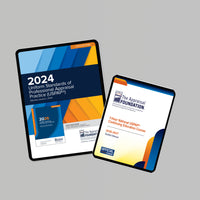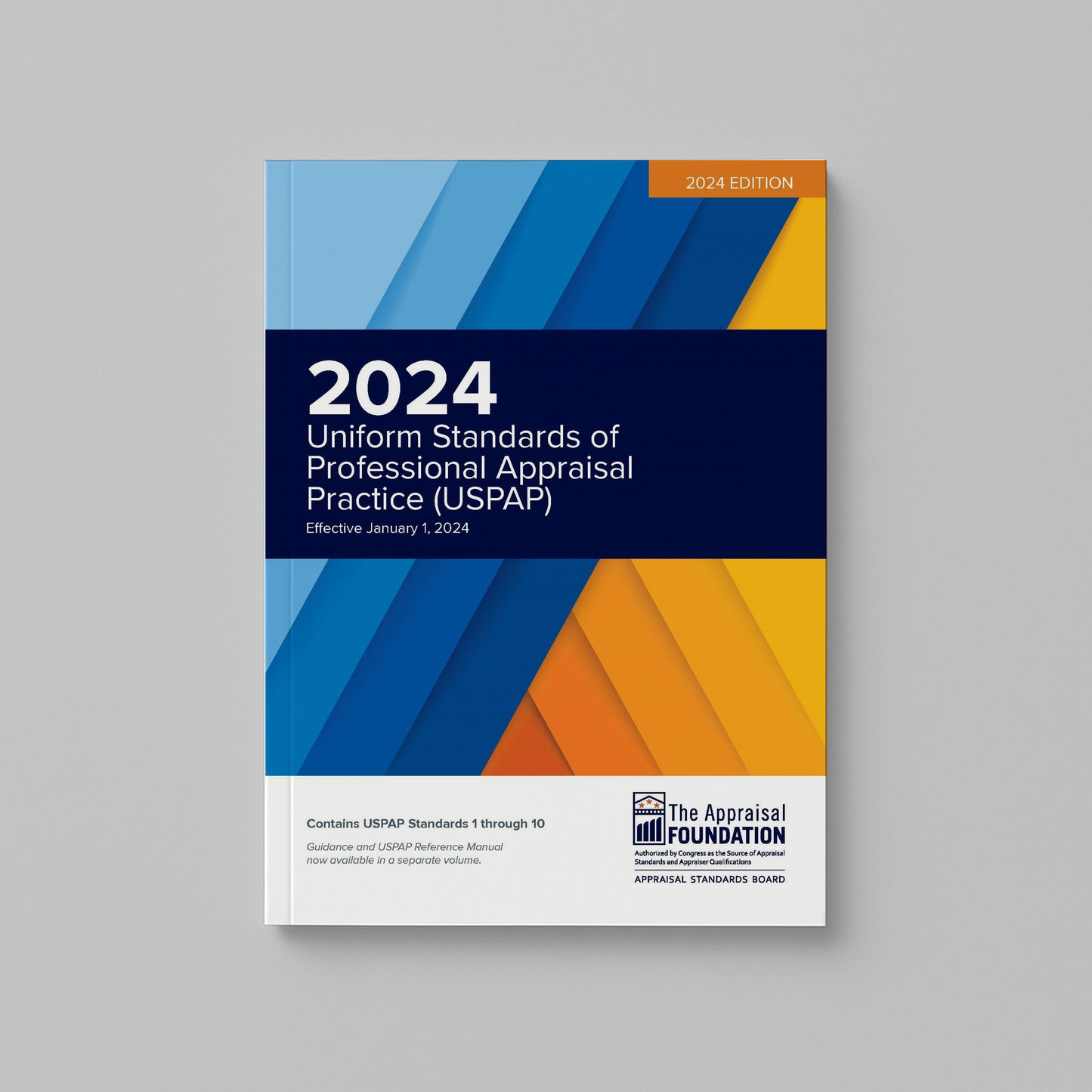Developing an Equivalent USPAP® Course
Guidelines to ensure education providers meet USPAP® Course standards for asynchronous education.
Overview
The Appraisal Foundation® (the Foundation) allows education providers to develop equivalent versions of its 7-Hour National USPAP® Continuing Education Course and 15-Hour National USPAP® Course for asynchronous education.
Below are the steps and key details for providers interested in this process.
What is an Equivalent USPAP® Course?
An equivalent course is a self-paced, asynchronous online course developed as an alternative to the Foundation’s 7-Hour or 15-Hour National USPAP® Course. Equivalent courses must be pre-approved by the Appraiser Qualifications Board (AQB) and Course Approval Program (CAP), and meet specific requirements outlined in the USPAP® Equivalency Checklists.
This does NOT apply to:
- Live, synchronous courses (e.g., Zoom, webinar platforms)
- In-person classroom courses
Who Can Develop an Equivalent USPAP® Course?
Accredited education providers who meet the AQB and International Distance Education Certification Center (IDECC) requirements as outlined below.
Steps to Develop an Equivalent USPAP® Course
Step 1: Review the Equivalency Checklists
Download and review the USPAP® Equivalency Checklists to understand the requirements for developing a USPAP® Course for asynchronous education.
Step 2: Develop the Course
Requirements:
- Courses must be original and fully developed before submission
- Providers may not use the Foundation’s student manuals
- Courses must align with the learning objectives outlined in the USPAP® Equivalency Checklists and comply with AQB and IDECC standards
- The Linked 2-Book Edition of the 2024 USPAP® and the current USPAP® Reference Manual is required for all students taking the course
- Course materials must meet the requirements outlined in the CAP Policies and Procedures.
Refer to the CAP webpage for additional information on course requirements.
Step 3: Submit Your Course for USPAP® Equivalency Approval
View the CAP webpage for detailed submission guidelines.
Step 4: Obtain IDECC Approval for Asynchronous Education Delivery
The AQB will evaluate whether the course:
- Covers all required learning objectives
- Complies with CAP requirements (as above)
- Uses correct and direct quotes from the 2024 USPAP® and the current Guidance and Reference Manual, with proper attribution (no paraphrasing)
- Includes case studies unique to the course (not copies of case studies from the Foundation's courses)
- Uses the correct course titles as provided by the Foundation
- Presents material professionally (clear structure, proper spelling and grammar)
Step 5: Verify State-Specific Regulations
Some state regulatory agencies do not allow USPAP® Courses to be taken online. Before offering an equivalent course, providers should verify state regulations through state appraisal regulatory agencies.
